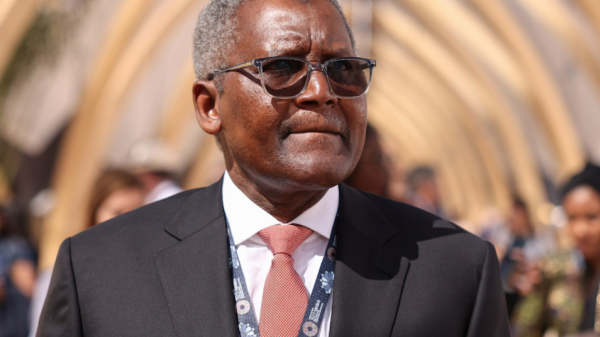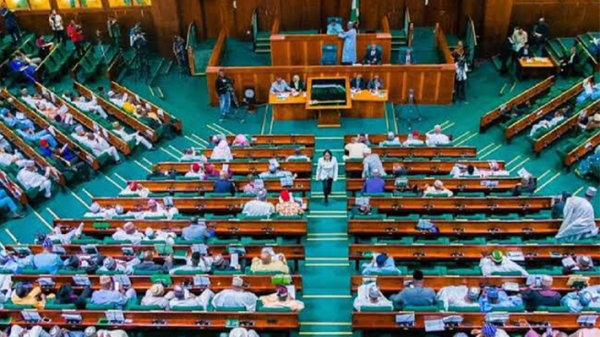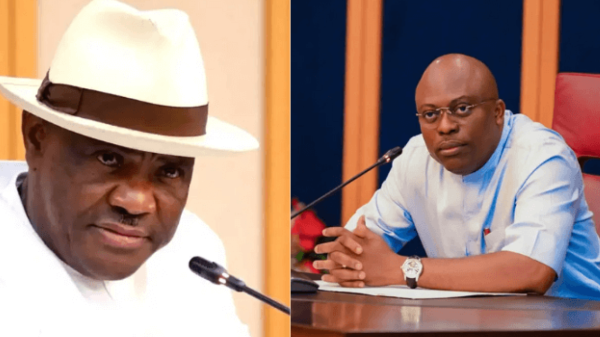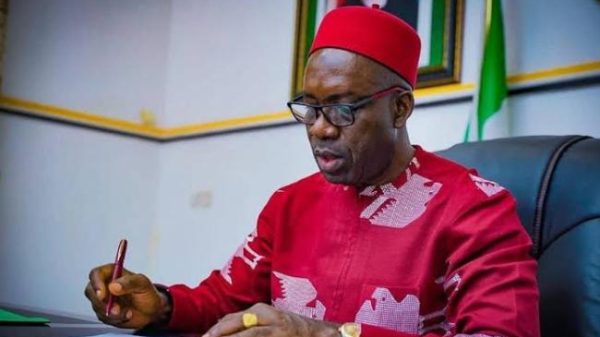 By Grace Chigbu
By Grace Chigbu
LONDON, Feb 15 (Reuters) – The United Kingdom’s economy slipped into a recession in the latter half of 2023, presenting a formidable challenge for Prime Minister Rishi Sunak as he gears up for this year’s anticipated election, amidst pledges to invigorate growth.
Official data revealed that Gross Domestic Product (GDP) contracted by 0.3% in the final quarter of 2023, following a 0.1% decline between July and September. This fourth-quarter contraction surpassed all economist estimates, painting a bleak economic landscape. The news sent sterling tumbling against major currencies, with investors increasingly betting on the Bank of England (BoE) resorting to interest rate cuts this year.
Economic Stagnation:
The UK economy currently stands a mere 1% above its pre-pandemic levels, trailing behind most G7 nations, notably Germany. Sunak’s commitment to rejuvenate growth, a cornerstone of his political platform, faces mounting skepticism as the Conservative Party’s traditional economic prowess loses ground to Labour, according to recent polls.
Political Ramifications:
The timing of the recession announcement holds significant political weight, coinciding with upcoming by-elections, amplifying its impact on Sunak’s standing. Labour, emboldened by its lead in the polls, seized the opportunity to critique the government’s economic strategies, with Rachel Reeves, Labour’s top economy official, dismissing claims of economic recovery under the Conservative leadership.
Budgetary Challenges:
Amidst growing pressure, Finance Minister Jeremy Hunt faces the daunting task of navigating strained public finances to fulfill pre-election promises of tax cuts. Media speculations swirl around potential cuts to public spending to offset the budgetary constraints and fund tax reductions.
Monetary Policy Response:
With inflation holding steady but wage growth showing resilience, the BoE faces a delicate balancing act. Speculation mounts regarding a potential interest rate cut as early as June, contingent upon sustained economic indicators. However, Governor Andrew Bailey remains cautious, emphasizing the need for conclusive evidence of inflation abatement before contemplating monetary policy adjustments.
Sectoral Struggles:
Contributing to the economic downturn, manufacturing, construction, and wholesale sectors experienced notable contractions in the fourth quarter. This downturn underscores the pervasive challenges confronting various segments of the UK economy.
Long-term Concerns:
GDP per capita stagnation since early 2022 presents a sobering reality, marking the longest unbroken run without growth since records began in 1955. This protracted stagnation underscores the entrenched economic challenges facing the nation beyond immediate cyclical fluctuations.
While the recession is anticipated to be short-lived and relatively shallow, its political ramifications reverberate deeply as the UK navigates the treacherous waters of economic recovery amidst broader global uncertainties.
.






































































































